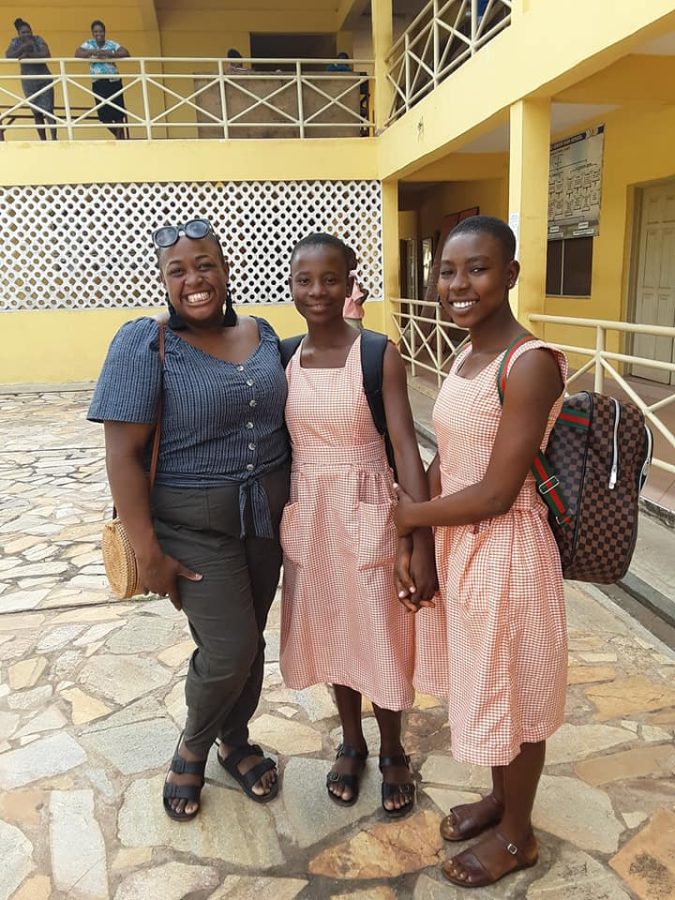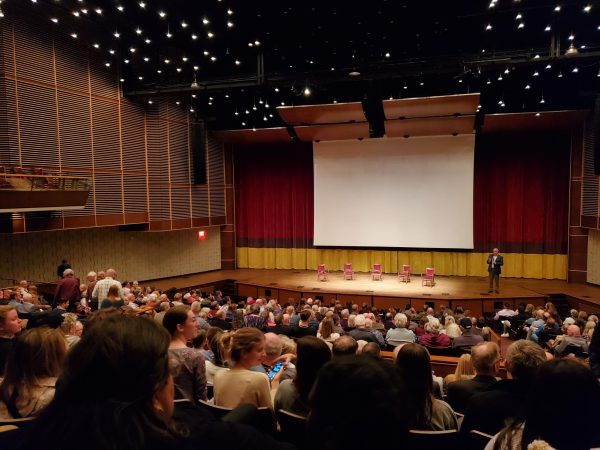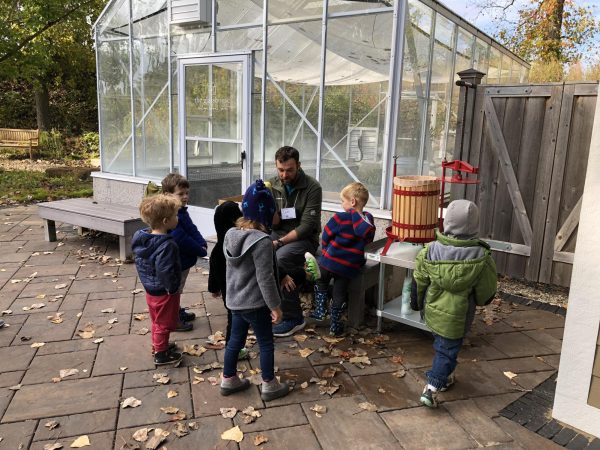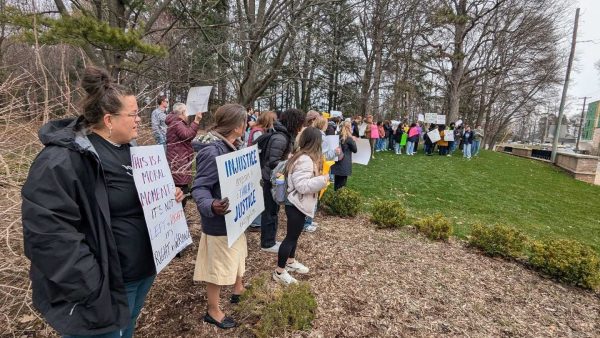Calvin alum founds non-profit for transracial foster care adoptees, global partnership
Born and raised in the southeast side of Grand Rapids, BeAnka Masefiade has had many experiences beyond West Michigan. Her wide open smile and her bright eyes sparkle as she shares about one of her most remarkable achievements so far: Caring for Children of Color.
Masefiade came to Calvin in 2008. She was struck by the diverse career paths she could choose through the different programs Calvin offered. After switching between majors, her initial plan of graduating with the class of 2012 changed as she decided to take a break to better understand where God was calling her. What she learned when she was away from school proved to be essential not only to understanding God’s calling for her life but also how to pursue it. In the years “in between,” Masefiade acquired work experience in community development and spent time abroad in Ghana, where she met her husband before coming back to the U.S.
Masefiade graduated from Calvin in 2019 with a degree in sociology, a minor in African diaspora studies, a global experience and the tools to found her current nonprofit.
A heart for children of color in foster care
Over the last few years, Masefiade acquired a rich work experience in community development. “I worked for various local nonprofits across the board. So truly at my heart is community development, social justice and equity,” she said. Masefiade has worked in community development in different areas such as education and housing all the way in New York, D.C. and Ghana. Once back in the U.S., she further focused her work within the foster care realm.
“Caring for Children of Color specifically came from my work of working with different nonprofits and organizations, and vulnerable families in the foster care space for over 10 years,” Masefiade said.
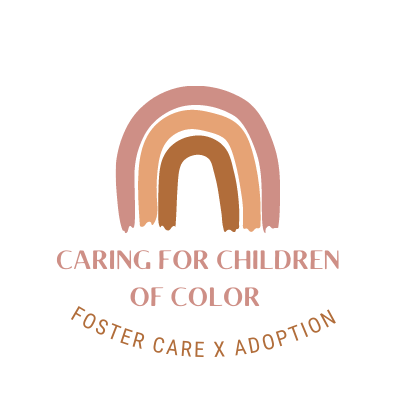
Caring for Children of Color, also called “OSOFOMAAME” (“Pastor’s Wife” in the Akan dialect of Ghana) is a nonprofit to support transracial foster care and adoption families. Masefiade founded it in February of this year. It was a response to a need Masefiade identified both in her time abroad in Ghana and in her experience working at a local foster care agency.
“For the past two years, I was working for a local foster care agency. And one of the things that I realized in my role of supporting the families was that there is this age-old struggle of caring for hair and skin of children of color. A lot of children of color are placed in predominantly white homes,” Masefiade said. Her concern stemmed from her understanding that, as foster care adoptees “enter into the system, they already are experiencing some type of trauma.” When children are placed in a home with a different culture than their own, that creates room for secondary trauma, according to Masefiade.
Masefiade said that approaching things with a colorblind perspective is not the right response: “You might not see the struggles of your child that they go through or that you might not be able to approach things with cultural humility.”
“So my heart was to try to figure out a way to help with that but also help these parents who would like to provide a holistic loving home to their children, and just may not know how because of, like, the lack of experience or cultural competency or education,” Masefiade told Chimes. “That is what Caring for Children of Color was birthed out of.” Her goal is to provide tools, education, and resources to transracial families in foster care and adoption, to help them bridge the gap and care for their children well.
Masefiade’s heart for foster care came from her own experience growing up. “I almost ended up in the foster care system but my grandparents ended up adopting me so like, an unofficial adoption, just because they didn’t want me to end up in the system,” she said. Her life journey, in addition to hands-on personal experience working with foster care stirred “having a heart for the vulnerable families and children that end up in that space.”
A Calvin foundation
Masefiade credits her Calvin professors for the mentorship she received that expanded her understanding of what she could do with her degree. “I would say that I was just really blessed to have a more personal relationship with them and them able to show me what could be done with a sociology degree and just share their passions and their work of what they’re doing, and how people with sociology degrees are making an impact in their communities and in the world,” she said. “So I just knew I wanted to make an impact. I love sociology and to be able to have that mentorship from my professors was really, really important.”
Calvin also provided her with the opportunity to study abroad in Ghana, which opened the doors for a global partnership through her nonprofit. Masefiade worked on a malaria project in the community where she was placed. There, she befriended the teachers and was drawn by her heart for youth within that community. She also connected to a church called Ebenezer Community Church while she was there. What was initially a study abroad experience became the gateway that inspired Masefiade to build on the connections and relationships she had developed in her time in Ghana.
Global network, local impact
Caring for Children of Color also serves as a gateway to not only connect transracial families with the resources they need to care for their children, but also create community amongst each other as well. One way Masefiade does this is by organizing annual conferences and meet-ups for families to share their experiences — all with the focus of providing families with support in four main areas: hair care, skin care, cultural competency and advocacy.
Today, Masefiade is working towards turning Caring for Children of Color into a platform to sponsor students in Ghana in a holistic way. Currently, the nonprofit supports “local elementary students to pay for school fees,” according to Masefiade.
“What we’ve been doing this past year is we’ve been supporting different families through COVID,” she said, functioning as “a resource center to any of the families that may need help with food or housing or business or education.”
In addition to global networks and partnership, Masefiade partners with local organizations and professionals with different expertise to effectively run her nonprofit and make resources available for foster care families. The core team consists of Masefiade, Javonna Allen, student support specialist at Calvin, and Heidi Lopez. “So we do more of the logistical stuff and things like that. And then we just collaborate with other local professionals of color who are experts in these different spaces, who then come in and are willing to do our workshops in our virtual conferences. A little bit of everyone in the community,” Masefiade said. Caring for Children of Color has connections with about five local agencies to present their resources through their conferences and platform.
“It takes a village”
Masefiade is working on the distribution of culture boxes that are filled with different products and resources to instruct parents on how to use the products to best take care of their child, as well as educational tools for cultural competency. “And so my heart is that I will create a space for collaboration and connection and community … because it takes a village to raise a child,” Masefiade said.

Though Caring for Children of Color is still getting up to speed, Masefiade is encouraged by the positive responses she has received from the families served through it. “My greatest joy has been seeing how parents have actually been responsive and been open to learning and said, ‘Hey, yes, I know this is a problem. And so I want to do all that I can to love on my child — to care for my child holistically as God has made them to be: a child of color,’” she said.
Masefiade is passionate about the work she does and strives to keep doing. “That’s what keeps me motivated: my heart to continue to make an impact and create an equitable world and an equitable space within the foster care system as much as possible, and caring for children of color,” she said.
You can support Caring for Children of Color by following their updates on Facebook and Instagram, praying for the vulnerable families and children they serve and donating to their work. Caring for Children of Color also provides resources to support people who feel led to open their homes for foster youth.




